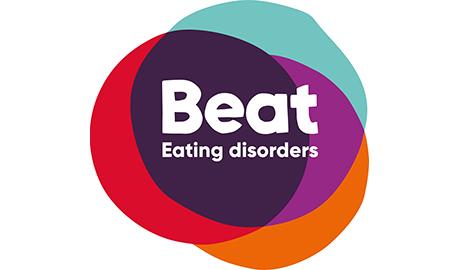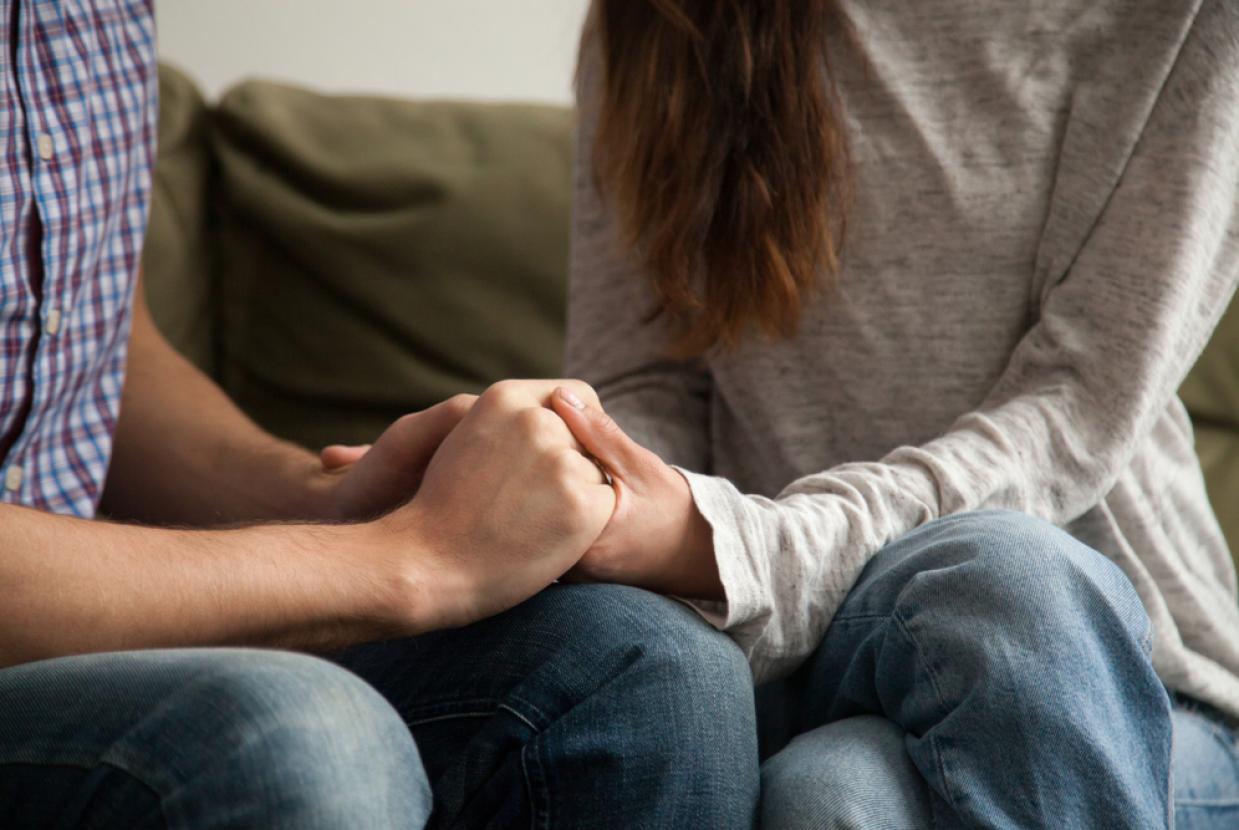What Is Bulimia?
Bulimia (or bulimia nervosa) is a serious mental illness. It can affect anyone of any age, gender, or background. People with bulimia are caught in a cycle of eating large quantities of food (called bingeing), and then trying to compensate for that overeating by vomiting, taking laxatives or diuretics, fasting, or exercising excessively (called purging). Early intervention offers the best chance for a rapid and sustained recovery from bulimia.
It’s normal for people who aren’t suffering from an eating disorder to choose to eat a bit more or “overindulge” sometimes. This shouldn’t be confused with a binge. During a binge, people with bulimia don’t feel in control of how much or how quickly they’re eating. Some people also say that they feel as though they’re disconnected from what they’re doing. The food eaten during a binge may include things the person would usually avoid. Episodes of bingeing are often very distressing. People with bulimia place strong emphasis on their weight and shape, and may see themselves as much larger than they are.
Signs and Symptoms
Behavioural:
- A person may either frequently check their body shape or weight OR avoid looking at their body or checking their weight.
- They may compare their body with that of others
- Eating large amounts of food (bingeing)
- Purging after bingeing by vomiting, over-exercising, using laxatives or diuretics, fasting
- Organising life around shopping, eating and purging behaviour
- Secrecy, especially about eating
- Hoarding food
- Mood swings
- Irritability
- Social withdrawal
- Misuse of laxatives and diuretics
- Misuse of alcohol
- Self-harm
- Compromise of education and employment plans
- Disappearing during or soon after eating (in order to purge)
- Excessive exercising
Psychological:
- Spending a lot or most of their time thinking about food
- Feeling anxious and tense, especially around meal times or when eating in front of others
- Difficulty concentrating
- Low confidence and self-esteem
- Worries about weight and shape
- Fear of gaining weight
- Distorted perception of body shape or weight
- Feeling of loss of control over eating
- Feelings of guilt and shame after bingeing and purging
- Other mental illnesses, such as depression or anxiety
Physical:
- Vomiting
- Difficulty sleeping
- Tiredness
- Bloating
- Constipation
- Stomach pain
- Swelling of the hands and feet
- Poor skin condition
- Damage to teeth
- Irregular or stopped periods
- Enlarged salivary glands
- Calluses on the backs of the hand if fingers are used to cause vomiting
- Imbalance in electrolytes – essential substances found in the blood
- Stomach problems
- Regular changes in weight, which may go up or down, though often remains “normal”
- Lack of sexual interest
To contact Beat Eating Disorders, call the helpline on 0808 801 0677 or visit their website for more support, one-to-one web chat and helpfinder - www.beateatingdisorders.org.uk

























